Digital Health
The tools and technologies that will reshape healthcare are rapidly becoming available in hospitals and homes across Europe. The digital transformation is already here.
Digital technologies have transformed our lives. From entertainment and communication to travel and banking, digital disruption has delivered efficiency, transparency and convenience. Now the data-driven revolution is beginning to transform healthcare. By realising the potential of digital health, we can accelerate the shift towards patient-centred, outcomes-focused access, sustainable healthcare in Europe.
The world’s response to the pandemic has highlighted the importance of reliable data exchange between parts of the healthcare system and between countries. This has accelerated a greater reliance on telemedicine, a need to analyse large sets of data to define research and testing and to accelerate healthcare solutions.
We are focused on delivering access to new treatments and technologies today. To ensure development of further medical innovation and a sustainable global healthcare system in a globally competitive Europe, we must all work together now to make this a reality.
Digital health is a broad term that encompasses a variety of terms including e-health, m-health and telehealth and captures everything from electronic patient records, remote monitoring, connected devices, digital therapeutics and more. It means embracing information technology, big data, AI and machine learning to collect, share, analyse and use data on patient outcomes to help healthcare professionals make informed decisions and to improve care. Taken together, this patient-centred disruption is rapidly changing how industry operates and how services are developed and delivered, rebuilding relationships between key actors such as the research-based industry, patients, healthcare professionals, health institutions, and regulators.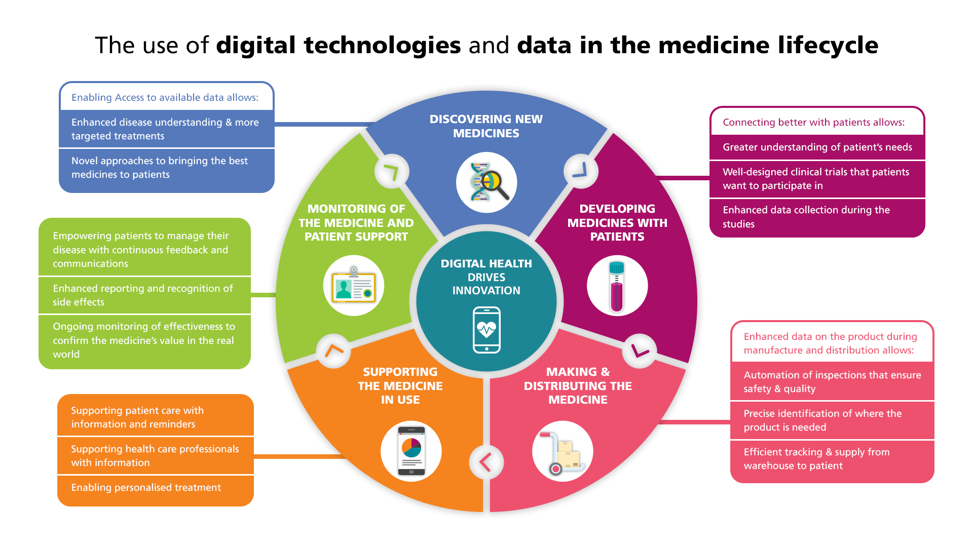
This is not science-fiction. The tools and technologies that will reshape healthcare are rapidly becoming available in hospitals and homes across Europe. The digital transformation is already here.
- Optimised Diagnosis:Radiology departments are using artificial intelligence (AI) to optimise diagnosis
- Enhanced Monitoring:‘Smart’ inhalers are monitoring asthma patients’ use of medication
- Remote Engagement: Medical specialists are offering advice to patients and training colleagues remotely
- Connected Data:Clinics are securely sharing vital patient information to enhance individuals’ care
- Ongoing Feedback:Outcomes data is being pooled to extract real-world insights on how interventions add value
- Tech enabled Delivery: Drone technology is being used to deliver medicine in remote areas in times of crisis
- Improved Efficiency:Blockchain technologies are being looked at to increase efficiencies across global supply chains to speed up time of manufacturing and delivering medicinal products to patients
- Breakthrough Research: Clinical trial data from around the world is shared across borders to more quickly develop new medicines that are safe and effective
There is more to come. Researchers are exploring how blockchain technology could enhance information security, how remote monitoring can improve patients’ experience and make services more efficient, and how citizens can enjoy real control over their own health data.
A changing health system ecosystem
The digital revolution challenges the status quo. It demands fresh thinking from all actors and partnerships between established players and newcomers. By working together, the pharma sector and tech companies can help improve health outcomes, personalize therapies, enable coordination of care, and shift services from inpatient to outpatient settings, even home care, and this for an extended number of disease conditions. This can deliver on our shared goal of increased patient satisfaction and supporting data-driven clinical decisions, while keeping at heart our mission of ensuring patient safety.
The ambitious agenda of the new President Von der Leyen focuses on a “Europe to strive for more by grasping the opportunities from the digital age within safe and ethical boundaries.” EFPIA applauds the Commission’s effort to create an EU policy environment that unlocks the value of the data economy and we support the European Strategy for Data which encompasses the creation of a European Health Data Space and the Commission’s effort to develop a European approach for AI that promotes Europe’s innovation capacity in AI while supporting the development and uptake of ethical and trustworthy AI. As this important work proceeds, all stakeholders will benefit from a framework that is grounded in evidence and developed in consultation with them.
Why is health data access important to R&D?
Health data is the fuel driving the research and innovation engine of healthcare. There is significant scope for the EHDS to improve data sharing in the EU. By doing this, the EU could strengthen public health, deliver better health outcomes for citizens and promote their well-being.
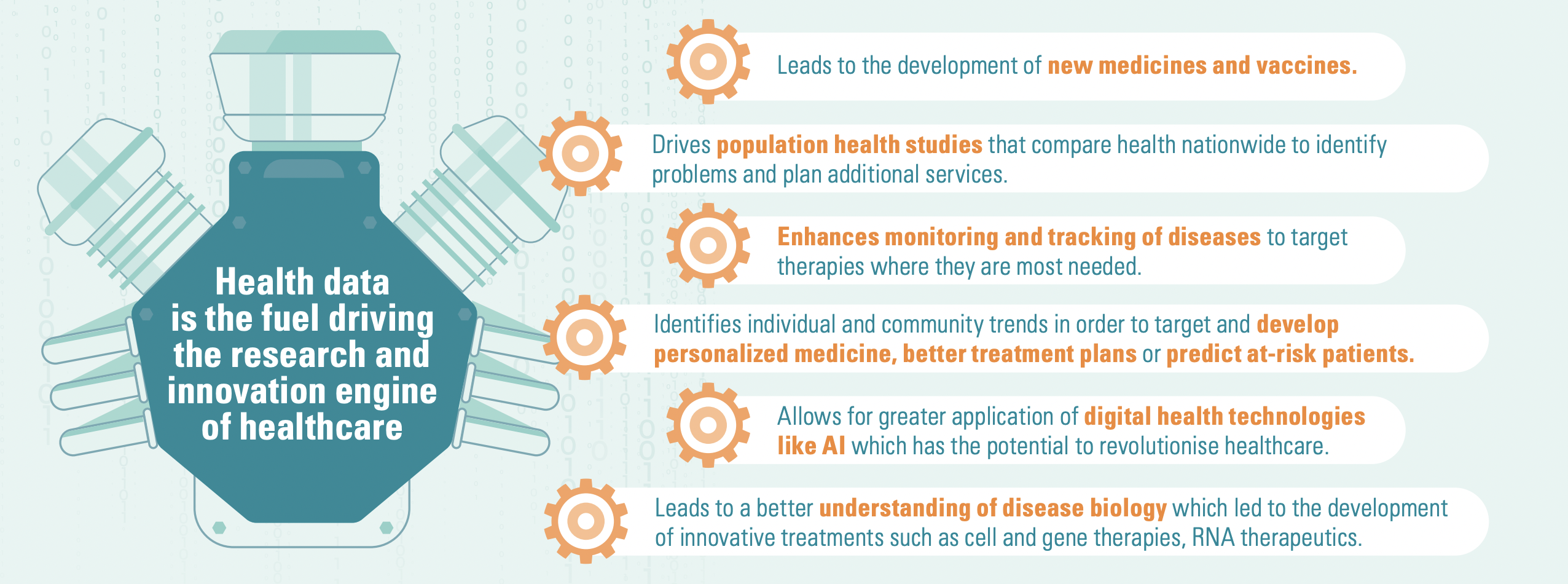
Download the infographic
Our vision
EFPIA is committed to actively supporting the digital revolution in healthcare, partnering with all healthcare players to define new ways of working and solutions to the most pressing needs that will ultimately improve population health.
We need to ensure that all aspects of the system are ‘digital enabled’. This means working with policymakers, regulatory agencies and healthcare providers to ensure we have the infrastructure, the data security framework, and the mindset required to capitalise on the opportunities that lie before us.
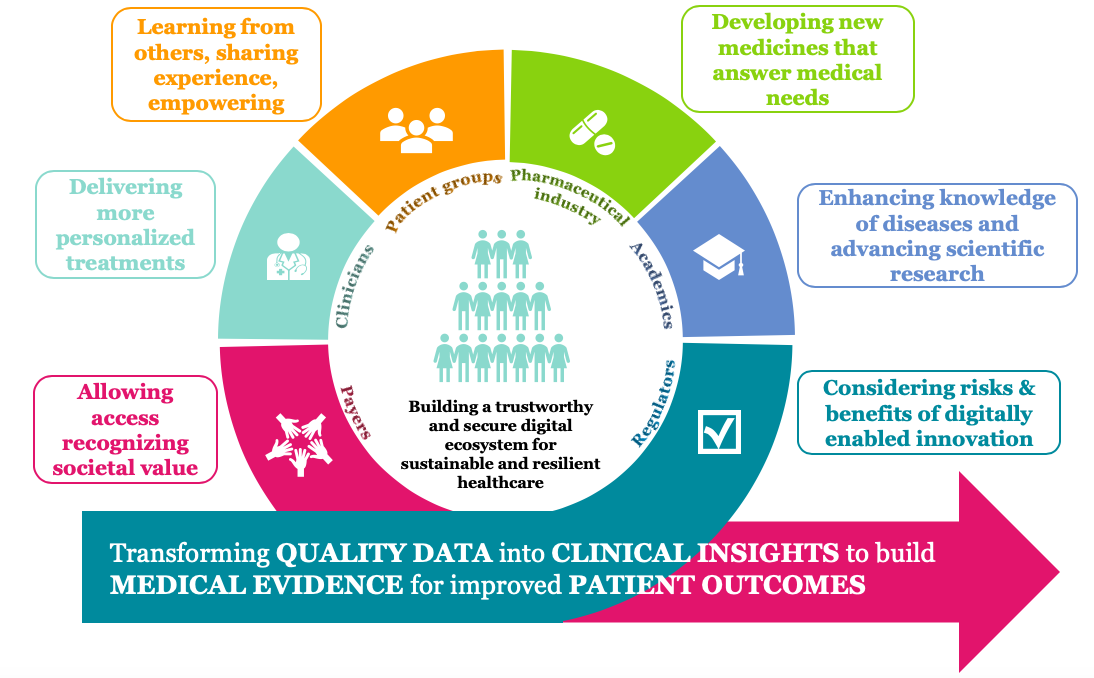
Our vision for the digital health transformation:
- Enable Innovation : Ensure Europe’s digital agenda supports pharmaceutical innovation
- Ensure Stakeholder Acceptance: Support regulatory acceptance of data/digital opportunities
- Enhanced Effectiveness: Optimize and increase effectiveness of the current business model
- Expect Disruption: Prepare for the impact of digital disruption on business models and relationships between patients, clinicians and other actors
- Remain Patient focused: Deliver patient benefits through digital solutions
- Accelerate Healthcare: Accelerate drug development using digital technologies
- Drive collaboration: Encourage public-private partnerships to find solutions to blockages (interoperability), address legitimate concerns (privacy) and ensure that digital transformation is geared towards better care for all (patient outcomes).
What are we doing?
EFPIA’s strategic aim in the digital health space is to support transformation of European healthcare for the benefit of patients and that digital evolution enables a move towards effective data-driven healthcare systems, ensuring the continued competitiveness of Europe.
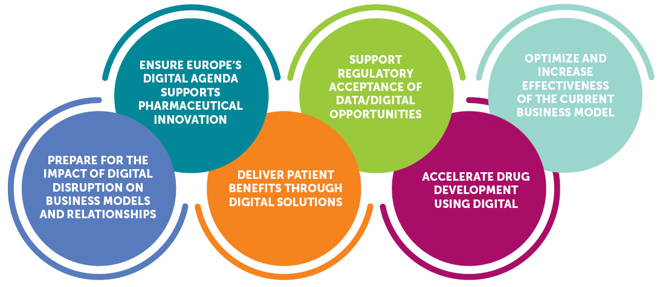
To enable this transformation, EFPIA proposes to complement the European Commission’s digital health agenda and address the following drivers of change:
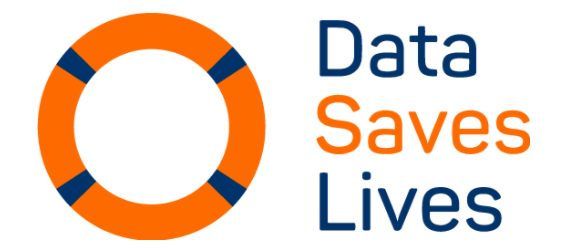
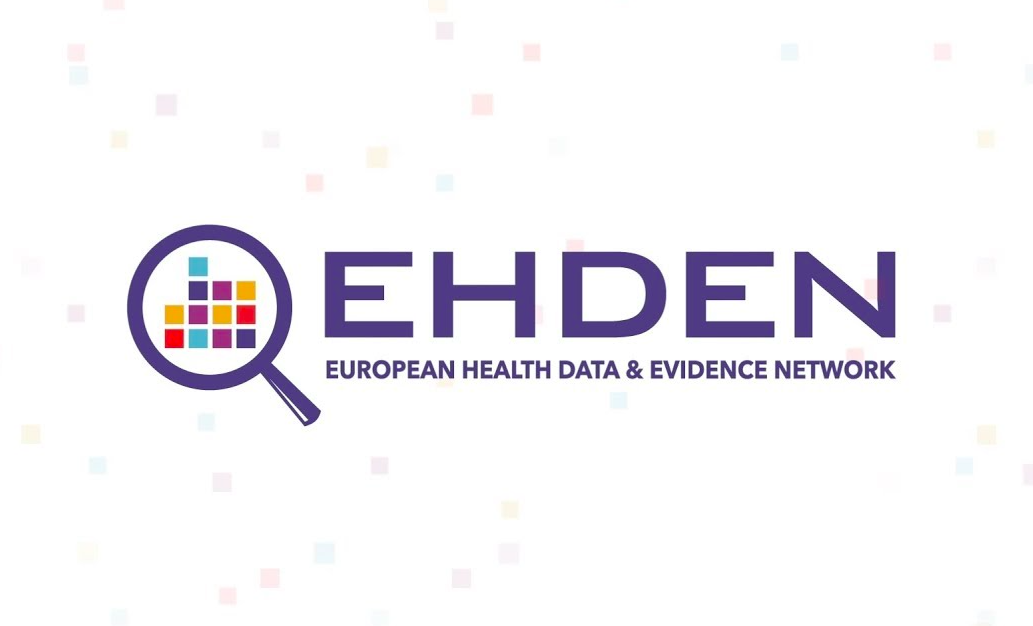
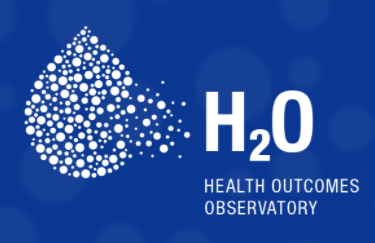

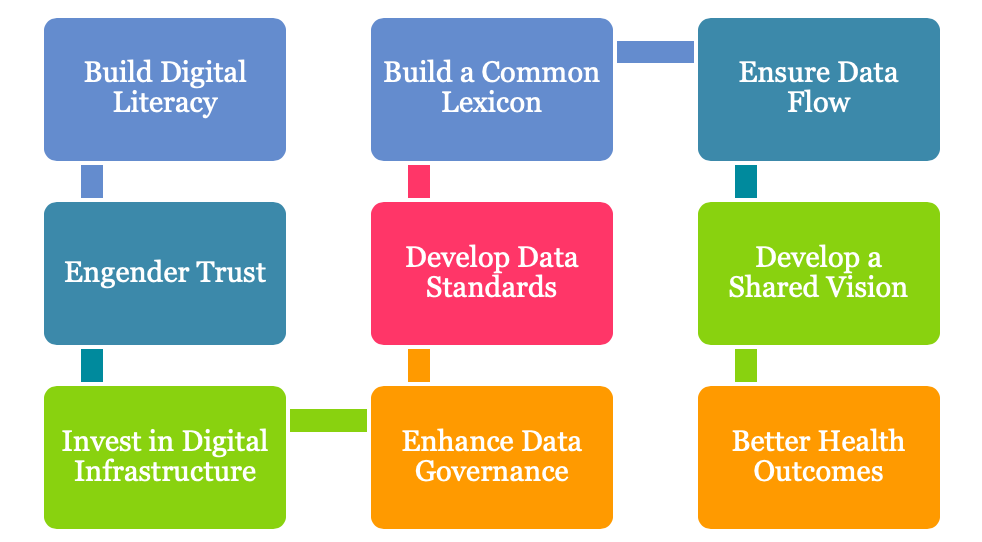
- EFPIA position on opt out in the EHDS Regulation get_app
- EFPIA Position On EHDS get_app
- EFPIA response to the consultation on legislative proposal for a European Health Data Space get_app
- EFPIA Recommendations on a Connected Data System in Europe get_app
- Position on a European Health Data Space get_app
- EFPIA reply to the consultation for the inception impact assessment on the intended initiative in a European Health Data Space.pdf get_app
- EFPIA Response to the consultation on the European health data space get_app
- Current references on clinical endpoints derived from Digital Health Technologies get_app
Video on "Wearables and Insideables"
Commission package on shaping Europe's digital future:
- Shaping Europe's digital future
- European Data strategy
- White paper on Artificial Intelligence
- Liability issues relating to AI and robotics
- EU Industrial and Pharmaceutical Strategy: An Opportunity to Drive Europe’s Health and Growth
- EFPIA briefing – submission to the Commission Data Strategy 2020
- EFPIA briefing – Submission to the Commission AI white paper 2020
EFPIA virtual event “Diabetes and COVID-19: when two pandemics meet” June 2020
